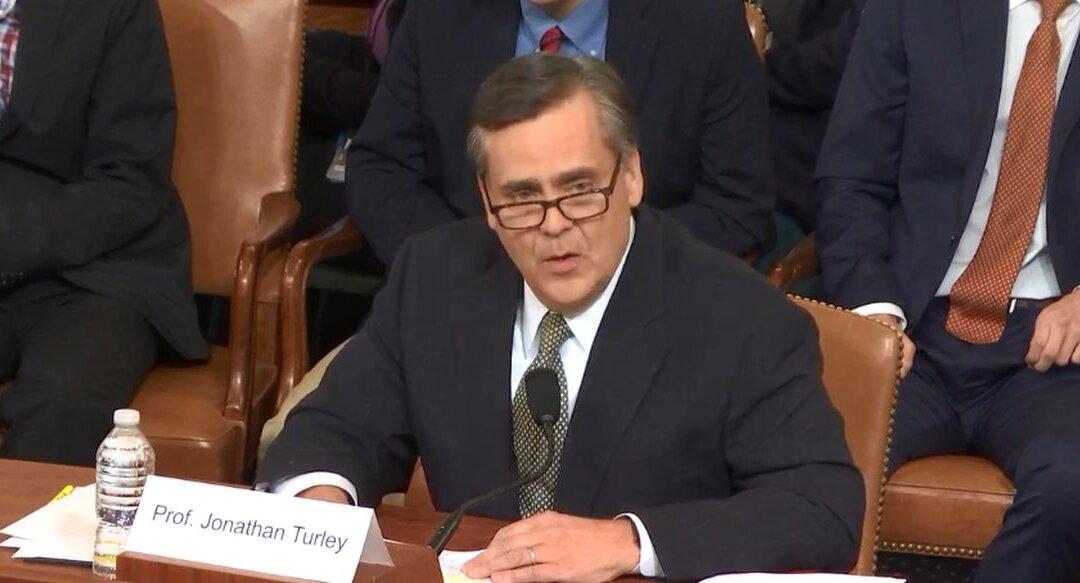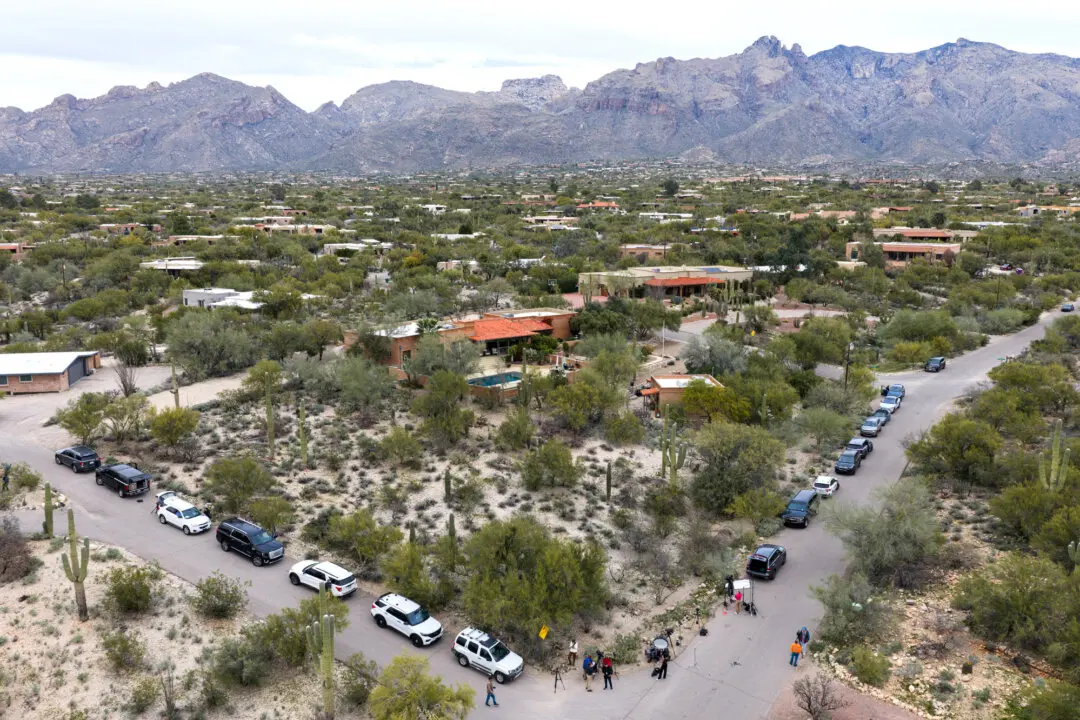George Washington University Law Professor Jonathan Turley panned reports of the looming potential case against former President Donald Trump after the former commander-in-chief announced he may be arrested in the next week.
Alleged unnamed court sources have told multiple news outlets that Trump could be indicted in the near future, while Trump said via Truth Social that he expects to be arrested by Manhattan District Attorney Alvin Bragg’s office on Tuesday. Bragg’s office has not publicly confirmed reports that he may possibly indict the former president for allegedly misclassifying a $130,000 hush payment made to Stormy Daniels in 2016.





